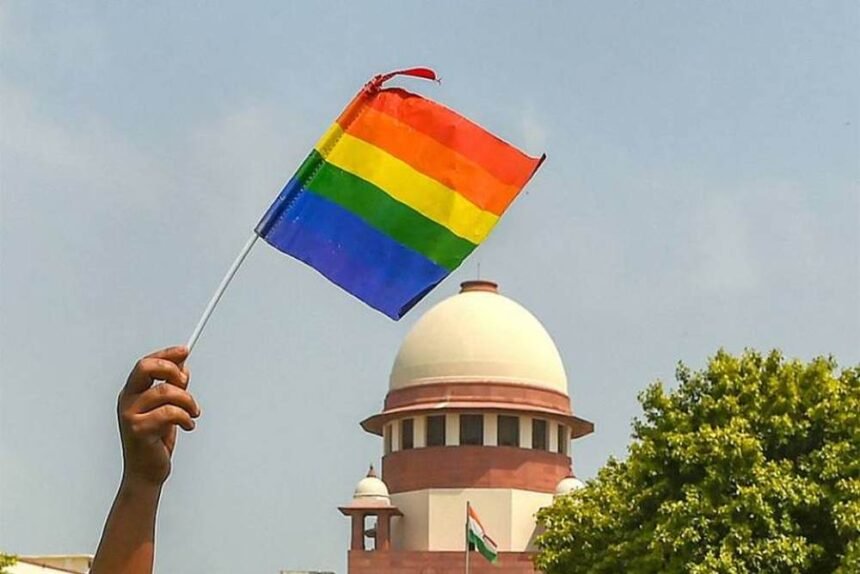The Chief Justice of India, DY Chandrachud, had stated in his ruling that it would be discriminatory for the law to presume that queer couples can’t make excellent parents.
Adoption Rights: Queer Couples’
New Delhi : When three of the five judges on the bench disagreed with Chief Justice of India DY Chandrachud and Justice SK Kaul on the matter, the Supreme Court’s ruling on same-sex weddings shattered hopes that unmarried and queer couples would be permitted to adopt.
Chief Justice DY Chandrachud announced that the five-judge bench would issue four separate judgements and that “there is a degree of agreement and a degree of disagreement” among the judges as he started reading out his own decision. He stated that there was discussion regarding how far the court should go.
Chief Justice DY Chandrachud announced that the five-judge bench would issue four separate judgements and that “there is a degree of agreement and a degree of disagreement” among the judges as he started reading out his own decision. He claimed that there was dispute over how far the court ought to go.
Along with Justices Sanjay Kishan Kaul, PS Narasimha, S Ravindra Bhat, and Hima Kohli, the bench is led by the Chief Justice. As the rulings started to be read out, it became apparent that the judges agreed that the Special weddings Act could not be read down and that extending legal recognition to same-sex weddings was a matter best left to the legislature.
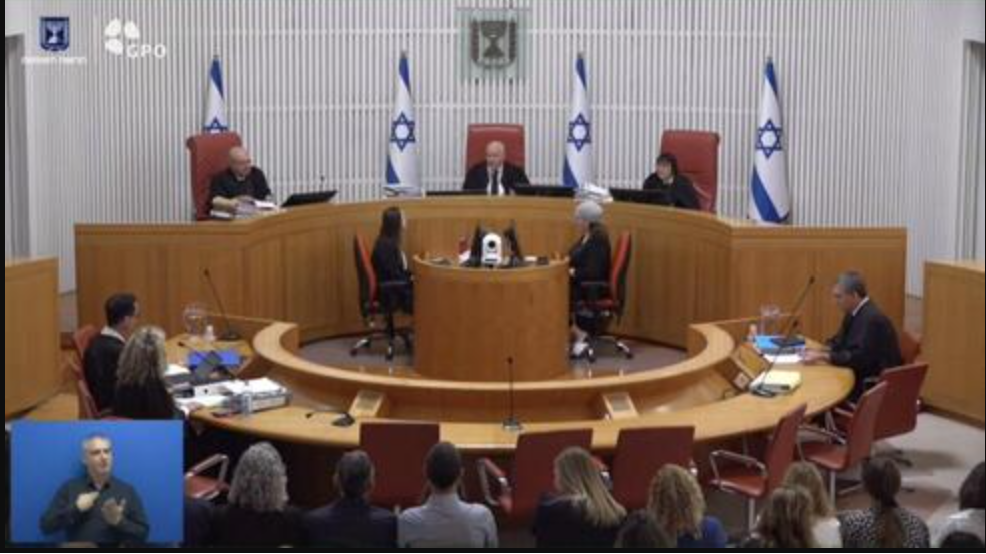
Additionally, they requested that the Centre move forward with the creation of a committee to deal with issues relating to ration cards, pensions, gratuities, and succession as well as other practical concerns of same-sex couples.
But a key issue over which the judges disagreed was whether lesbian, gay, and bisexual couples had the right to adopt a child together.
Authority Exceeded
As he delivered his ruling, Justice Chandrachud noted that the ability to form a partnership cannot be limited because of a person’s sexual orientation and decided that all unmarried couples, including LGBT couples, are eligible to adopt a child together. According to him, it would be discriminatory for the government to presume that only heterosexual couples can make decent parents.
The Juvenile Justice Act does not prohibit unmarried couples from adopting, and the Union of India has not established that doing so is in the best interest of the child, according to the Chief Justice, who made reference to the Central Adoption Resource Authority’s (CARA) adoption guidelines. Therefore, Justice Chandrachud stated, “CARA has exceeded its authority in prohibiting unmarried couples.”
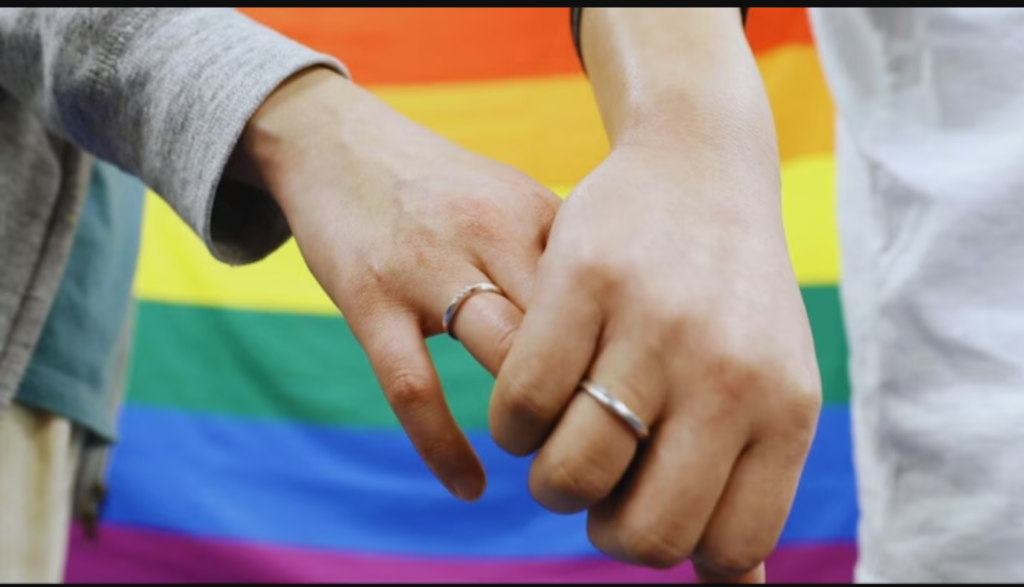
The Chief Justice noted, “It cannot be presumed that unmarried couples are not committed about their relationship. Distinguishing between married couples and unmarried couples has no “reasonable link” with the goal of CARA, which is to ensure the best interests of the child. There is no evidence in the public domain that demonstrates that a child can only be stable in the care of a married heterosexual couple.
Additionally, CARA Regulation 5(3) indirectly discriminates against unusual unions, according to Justice Chandrachud. “A queer person may only adopt as an individual. He added that the CARA circular violates Article 15 of the Constitution and has the consequence of strengthening discrimination against the queer community.
Article 15 prohibits discrimination on grounds of religion, race, caste, sex or place of birth.
ALSO READ :Strengthening Ties: The Bilateral Relationship Between India And Israel
Disagreement: on queer couples
Justice Chandrachud said he disagrees with Justice S Ravindra Bhat’s decision, despite Justice Sanjay Kishan Kaul’s agreement with the Chief Justice on adoption.
Contrary to Justice Bhat’s ruling, the Chief Justice asserted, the orders in his decision give effect to the fundamental rights guaranteed by Part III of the Constitution rather than creating a new institution.
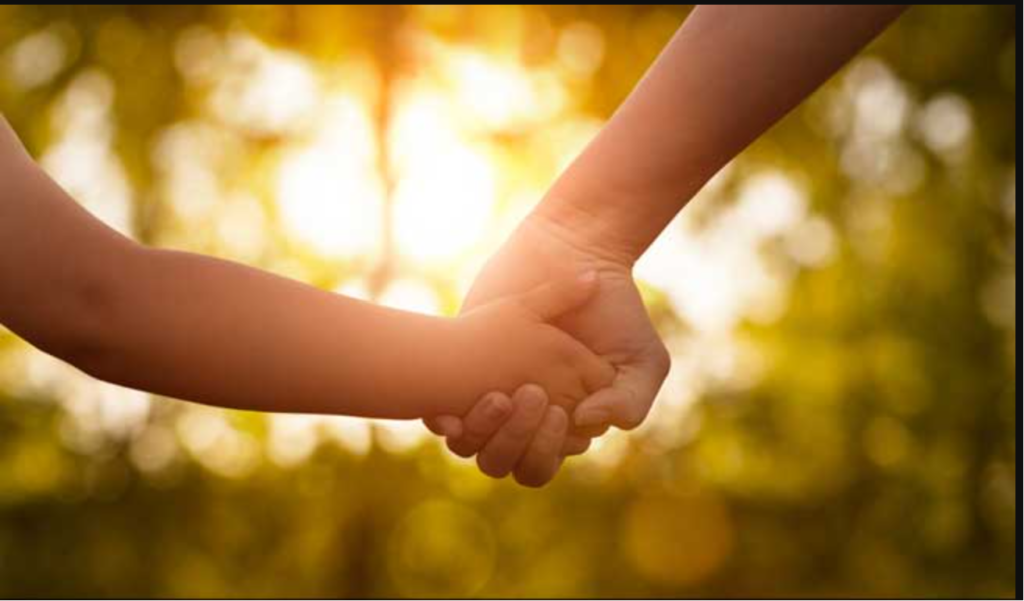
“My learned brother (Justice Bhat) also acknowledges that the State is discriminating against the queer community but does not exercise the powers under Article 32 to alleviate their plight,” Justice Chandrachud said. Article 32 confers powers on the Supreme Court to issue orders for the enforcement of fundamental rights
Majority View
Justice Bhat stated in his opinion—which is the majority opinion because Justices PS Narasimha and Hima Kohli concurred—that he disagreed with the Chief Justice about queer couples’ ability to adopt and that he had certain concerns. According to him, CARA’s Regulation 5(3) cannot be declared unconstitutional.
This is not to argue that unmarried or non-heterosexual couples cannot be excellent parents. “Given the objective of section 57, the State as parens patriae (legal protector) has to explore all areas and to ensure that all benefits reach the children in need of stable homes at large,” he noted.
Here is what the Supreme Court had directed State and Centre
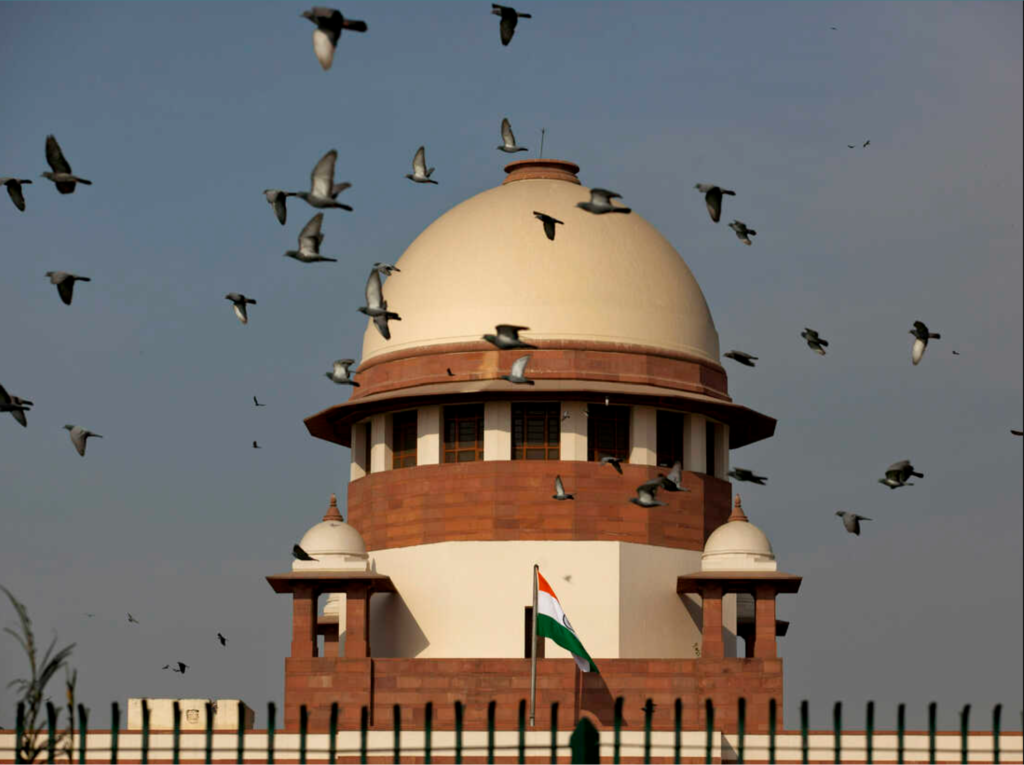
-The federal government and state governments have been requested to make sure that individuals who identify as Queer Couples do not face discrimination because of their sexual orientation.
The state is required by the supreme court to educate the public about queer rights and provide a hotline for them. Queerness is not urban or elite, nor is it confined to the higher classes and privileged societies, according to Chief Justice of India D Y Chandrachud on Tuesday.
The Supreme Court bench has further ordered the police and law enforcement to launch an investigation before filing a First Information Report (FIR) against a gay couple for their connection. “There shall be no harassment to queer community by summoning them to police station solely to enquire about their sexual identity,” said CJI Chandrachud.
The court found that the queer community cannot be forced to undergo hormonal therapy or to return to their family.
-The CJI has ordered the government to prevent forcing intersex minors into sex reassignment procedures.
ALSO READ::“India That Is Bharat: A Tapestry Of Unity In Diversity







